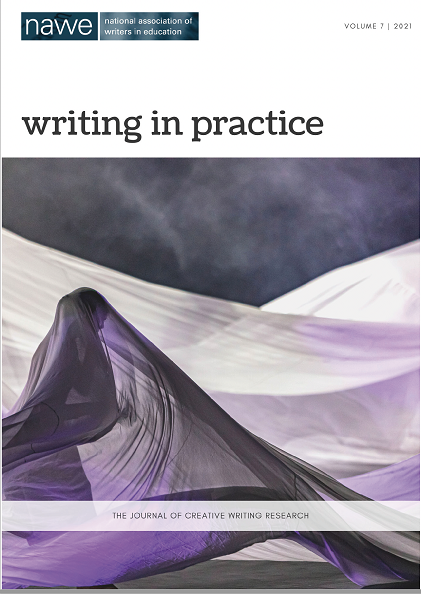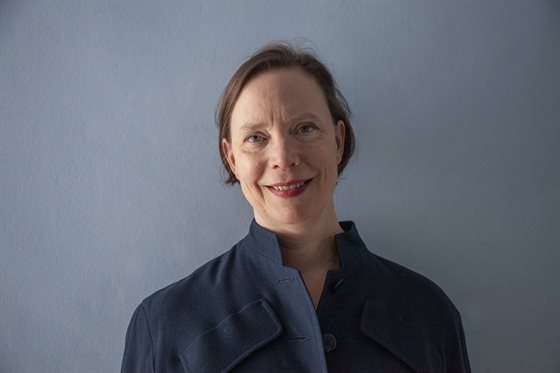Research by an expert in the field of creative writing and digital engagement has been recognised in a special issue of a leading international academic journal.
Associate Professor and Subject Leader in Creative Writing at De Montfort University Leicester (DMU), Dr Josie Barnard is the first ever co-editor of a special issue for Writing in Practice, a peer-reviewed journal published by the National Association of Writers in Education (NAWE) – renowned as the single most important creative writing organisation in the UK.

The editorial board made an exception to invite Dr Barnard to co-edit a ‘Multimodal Writing Special Issue’ of Writing in Practice, which recognises the importance of the impact of the ‘digital turn’ on writers and writing.
Principal editor of Writing in Practice, Professor Derek Neale, said: “Dr Barnard has introduced and made available to creative writers internationally an enabling new area of research, one that she has pioneered: namely, multimodal writing. The importance of the subject to creative writers internationally has already been indicated by the fact that the special issue received more than twice the usual number of submissions.”
Dr Barnard was invited to co-edit the special issue due to her research into how to bridge the digital divide for writers.
“Barnard’s research, tailor-made for our times, provided contributors with tools to help negotiate the challenges of, and embrace opportunities for, storytelling in a new era in which the digital is no longer optional,” Professor Neale continued, adding that in the special issue’s articles; “Contributors have called on Barnard’s theories, sometimes explicitly, for assistance while negotiating new media technologies during a pandemic that has mandated digital engagement.”
“One of the aims of my research is to help writers feel empowered in face of the challenges of digital, enabling them to take opportunities,” explained Dr Barnard.
“It is a great privilege to co-edit the first ever special issue of Writing in Practice and I am really proud to see that my research has helped writers, especially at this difficult time.”

Dr Josie Barnard (Image credit: Heather McDonough)
Following a double, blind, peer-reviewed process, the Multimodal Writing Special Issue of Writing in Practice was published earlier this month and includes 15 articles by academics and practitioners – including two submissions by DMU colleagues, Professor Simon Perril and Dr Joanne Dixon.
Intended to share knowledge, methodologies and approaches to support writers tackling fast-paced technological change and adapting their practice to embrace technology, the volume explores how the likes of social media, artificial intelligence, and online audiences can be considered collaborative tools for 21st-century writers.
Dr Barnard continued: “The traditional publishing model was linear, a writer produced a story and sent it to a publisher, and the publisher then made the work accessible to the audience. Whereas now, that process is much more complex and interactive, with ‘online’ and social media making self-publishing and immediate author interactions with audience easily possible. For example, writers can collaborate with the audience in ‘real time’ on social media to revise their practice and work based on feedback.”

Image: Shutterstock
Professor Neale added: “Whether directly or indirectly, the digital revolution has affected every aspect of the writing and publishing process.
“Writing – often thought of as primarily text-based – now routinely involves multiple modes of reproduction and presentation, with photographs, emoji and audio – just to give three examples – featuring as integral parts of online narratives.
“The explosion of new media may lead a writer to experiment with new technologies. Conversely, it might inspire a revived enthusiasm for using old technologies such as pens, pencils, paper.”
“We repeatedly see in this special issue writers using a different way of working, adopting a multi-dimensional perspective on what writing might be, shifting their attitude to writing about writing, with a greatly enriched appreciation of relevant and updated theories of practice.”
Posted on Thursday 24 February 2022